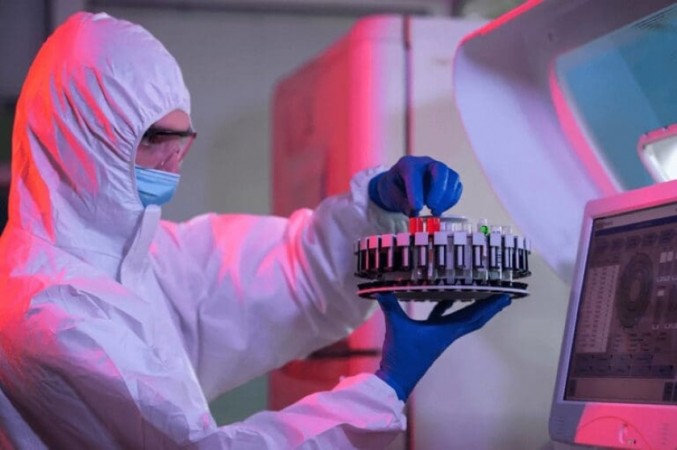
Egypt and Morocco have been selected to host the Regional Center for Capacity Building in Biomanufacturing (RCCN) for North Africa, marking a significant step toward strengthening Africa’s pharmaceutical and vaccine production capabilities. Supported by the Africa Centers for Disease Control and Prevention (Africa CDC), the initiative aims to enhance regional health security and accelerate the continent’s progress toward vaccine self-sufficiency.
The decision to establish the RCCN in Cairo underscores Egypt’s growing prominence in biotechnology and pharmaceutical manufacturing. The country’s proposal, submitted through the Unified Procurement Authority (UPA) under the Egyptian Vaccine Manufacturers Alliance (EVMA), was approved as part of Africa CDC’s broader strategy to develop a strong biomanufacturing network across the continent. Morocco will serve as a key partner, facilitating regional collaboration and further strengthening Africa’s health security efforts.
The RCCN is expected to play a pivotal role in expanding Africa’s domestic vaccine production and reducing reliance on imported vaccines. The centre will focus on technology transfer, specialized training, and capacity building to support the pharmaceutical and biotech industries in scaling up production. This initiative aligns with the African Union’s Agenda 2063, which prioritizes health security and self-reliance in vaccine manufacturing.
Egypt has made biomanufacturing a national priority, leveraging its well-established pharmaceutical sector, which already produces more than 90% of the country’s medicines and exports to over 100 nations worldwide. The country has also gained international recognition for its regulatory advancements, with the Egyptian Drug Authority (EDA) becoming the first African institution to achieve the World Health Organization’s (WHO) Maturity Level 3 (ML3) designation for both medicines and vaccines.
Jean Kaseya, Director General of Africa CDC, emphasized the importance of this milestone, highlighting that while Egypt’s achievement is a major step forward, Africa remains the only continent without a regulatory authority at WHO’s highest level, Maturity Level 4 (ML4). This, he noted, underscores the urgent need for further capacity building to support sustainable vaccine production.
The RCCN will be led by the Egyptian Vaccine Manufacturers Alliance (EVMA), a coalition that includes key institutions such as the Academy of Scientific Research and Technology, the Faculty of Pharmacy at Ain Shams University and Cairo University, and major vaccine manufacturers like VACSERA, Biogeneric Pharma, Egyptian Vaccine City, GenVax, and Eva Pharma.
Morocco’s participation in the RCCN will enhance research collaboration, attract investment in biomanufacturing infrastructure, and expand the initiative’s impact across the North African region. The partnership reflects a shared vision of reducing Africa’s dependency on foreign vaccines and medical supplies while fostering innovation and economic growth.
Despite these advancements, challenges remain. Africa’s biomanufacturing sector faces infrastructure limitations, skills shortages, and regulatory hurdles. The RCCN aims to tackle these issues by providing specialized training, fostering public-private partnerships, and creating an innovation-friendly environment for vaccine and pharmaceutical production.
As this initiative moves forward, it is expected to significantly boost Africa’s resilience against future pandemics while contributing to the continent’s broader health security goals. By investing in biomanufacturing, Egypt and Morocco are helping to position Africa as a key player in global pharmaceutical innovation, ensuring long-term economic and scientific progress for the region.
Article by RB Reporter
Photo/Google

Comment